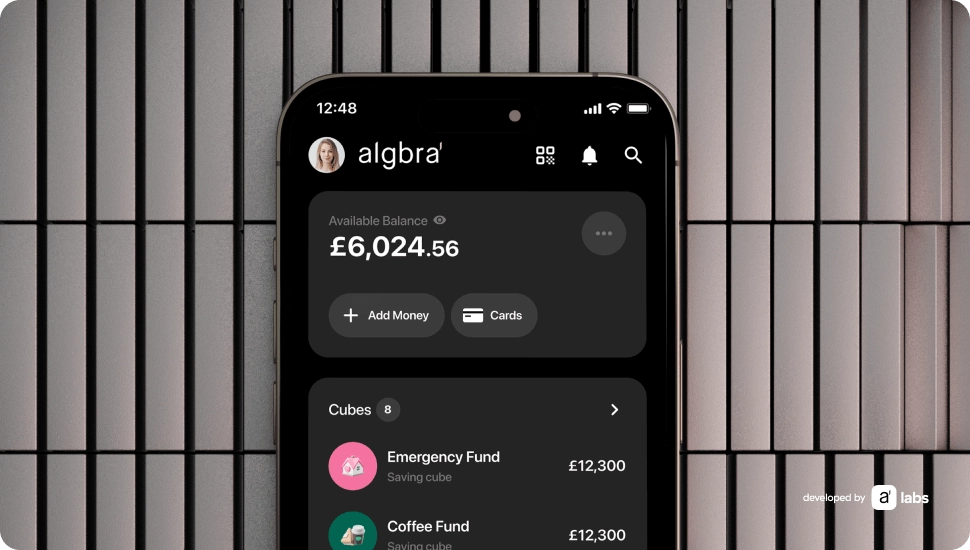The London VC is the first of its kind to adopt an ESG lead. Is this the new hottest hire in town?
The Atomico office in central London is an eco-warrior’s dream. The building is carbon-neutral, the in-house chef limits meat consumption and food waste, its giant annual report is printed on recycled paper and partners have guidelines to make working from home greener.
But the firm now wants its portfolio companies to get into shape too, hiring Soline Kauffmann-Tourkestansky as its inaugural ESG (environmental, social and governance) and sustainability director.
Atomico is the first European firm of its size to adopt the role — and it could prompt others to follow. The move comes after 245 VCs vowed to incorporate ESG frameworks into their investments, attempting to keep up with the wave of ESG-focused, impact firms.
While specialist VCs have social and environmental experts aplenty, it’s notable that profit-first firms are following suit.
“We’re in a new world where there’s a paradigm shift… If a [consumer] company is not ESG friendly, and does uphold best business standards, it won’t grow,” says Kauffmann-Tourkestansky.
Data seems to support that shift. For instance, research by “ethical fintech” Algbra shows that 69% of people would be willing to open a new bank account that offers ethical banking.
Having joined last month, Kauffmann-Tourkestansky quipped it was too soon to name which Atomico portfolio had most work to do on their ESG adherence. However, she did note that early-stage companies tend to struggle the most — especially with the sustainability aspect of ESG.
The life of a ESG director
Kauffmann-Tourkestansky, who previously spent three years in a similar role at small French fund, will concentrate on helping Atomico’s founders hit “ESG-friendly” milestones and targets.
Notably, she will sit inside Atomico’s growth team, which works with founding teams post investment with experts in areas such as design, product, recruitment and communications (including newcomer Abigail Daniels, who previously fronted PR at Wise).
Kauffman-Tourkestansky may also draw on inspiration from specialist impact VCs like Five Seasons Ventures, who hired a head of impact in Micol Chiesa.
Chiesa built the firm’s sustainability strategy, including a three-stage process for portfolio companies. They first must appoint a head of sustainability, they then have 100 days to write a life cycle assessment in order to give the fund environmental data, and third they must write their own sustainability strategy. That makes Chiesa an “internal consultant” of sorts, as well as an auditor post-investment.
Europe’s VCs are working together to crack the ESG conundrum
Norway’s state-owned, climate-focused VC Nysno also has a sustainability manager: Lene Hodge. She helps assess the credibility of potential investments (both companies and other funds) from a sustainability angle.
When screening companies, she typically asks questions like “what is your approach to ESG?”, “who’s responsible for this?” and “what are your key risks?”. When interviewing firms, Hodge requests information on their ESG framework, such as whether it was built from an existing framework, such as the Principles for Responsible Investment (PRI) or their own.
Does everyone need an ESG head now?
Startups have beaten VCs when it comes to implementing ESG values, introducing roles like head of sustainability and chief impact officer.
So why has it taken VCs so long?
“If you look generally across the VC world, ESG wasn’t something that people were thinking about, let alone assigning responsibility to the firm,” says Hannah Leach, cofounder of the ESG community for VCs VentureESG.
While 73% of European VCs say they apply ESG principles to their investment processes, according to the European Investment Fund, only half actually have policies in place and just a quarter actively monitor ESG performance.
Leach argues having an ESG lead isn’t the only way to show how serious a fund is about the future, but it doesn’t hurt to have one: “If you look at the way ESG should be embedded, and how internal capacity should be built, it’s about embedding it across the fund.”
ESG’s level of impact will also rely on internal buy-in, and whether firms have gotten to grips with the concept themselves.
“It really depends on how that person has been built into the team and what sense of ownership they have,” Leach argues.
Click here to read original article.




